Tageblatt: Was „Air Conditioner“’s plot line as clear when the project started?
Fradique: I wanted to tell a story from the perspective of a security guard for many years already, yes. And the element of having the air conditioners fall on the city was actually part of the project for a couple of years now. Me and the other screenwriter of the film – the film’s cinematographer Ery Claver – really wanted to bring that element of magic realism and absurdism to the story. Very often we heard and lived stories that had an absurd quality to them and wanted to bring those elements to the narrative.
Do you or someone else from the Geração 80 collective crew actually live in those colonial buildings which are at the centre of the film?
I lived in one of those all my life. The composer Aline Frazão lives in the building next to the one where we shot the film. We actually all had and still have experience living in one of those buildings. The air conditioners, the generators, the working class people – it was not an unknown environment for us. What was new were the changes of perspectives. It is very uncommon to show stories from people around those buildings. We didn’t want to tell the story of heroes and villains or the aspirational story of someone, but rather the daily story of workers.
Was there a societal incident or just a feeling in general that made you jump into this story? Were there actually air conditioners falling down and splitting people’s heads open?
There was no specific incident, but we were collecting many little stories over many years. I never saw an air conditioner falling, but I’ve seen a refrigerator being thrown out of a window. It was kind of an accumulation of little stories that we all had. And I think what made us actually go forward with this film was the realization that we cannot wait any longer to make this film. That was the driving force. We really wanted to make a film to share between among ourselves and among other Angolans. We didn’t want to tell a specific story or build upon an anecdote. That’s why I’m still surprised when the story of an Angolan security guard relates to audiences in China or Taiwan or maybe even in Luxembourg. We still don’t know what magic we captured, but it works.
We as Angolans tend to watch our daily lives as something that is not worth a story
But it still has an anecdotal feeling to it.
It does and I think that’s an important element. Everything is so fast nowadays and I think that we as Angolans tend to watch our daily lives as something that is not worth a story – even if refrigerators are flying or if air conditioners are falling. But the mundanity is the beauty of it. I love movies where you can see the daily lives of people and the mundane things. That connects us as human beings. You asking me if I live in those buildings is exactly the point. I for one would love to see a story about someone living in a building in Luxembourg. It is the same but different and the difference is what draws me to it.
Do these mundane things tinged in magic-realism make the bigger picture more relatable? The bigger picture being a socio-political one of Angola as a former Portuguese colony, torn by decades of civil war and and looming civil unrest among working class people today …
I’m glad you asked that, because as a citizen, we actually feel a sort of constant tension. The tension can be coming from daily life, our history, our past, our memories or the possibility of things completely falling apart as a society in the future. I wanted to have that sort of tension in the film. It’s there, especially in downtown Luanda, where a lot of different people clash. That’s why the film has those three different main characters. There’s security guard Matacedo, who kind of dozes off and flows with daily life. Zezinha, the maid, on the other hand pushes forward and doesn’t feel like talking about the past or the present and finally there is Mr. Mino who’s stuck in the past. He thinks that if you go into the past you can actually say something about the present. And it’s those three energies that embody this silent tension we Angolans live in.
How did your fellow Angolans react to your film?
I was amazed by the reactions after the one and so far only big screening here. People were glad that the film captured the suffering that they went through living in the city. Most of them didn’t mention the air conditioners falling at all. They were talking about the suffering, the mourning and of the characters and how they related to them. We made this film for Angolans and not necessarily for an international audience, so I’m really looking forward to a time when we’ll be able to show it to Angolan audiences.

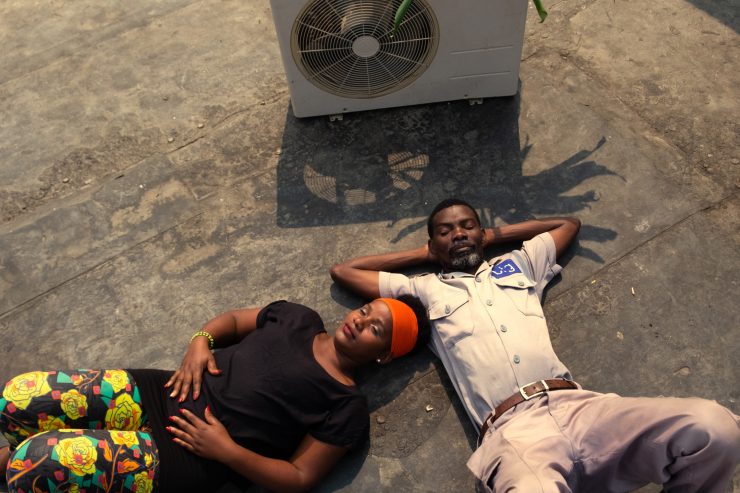
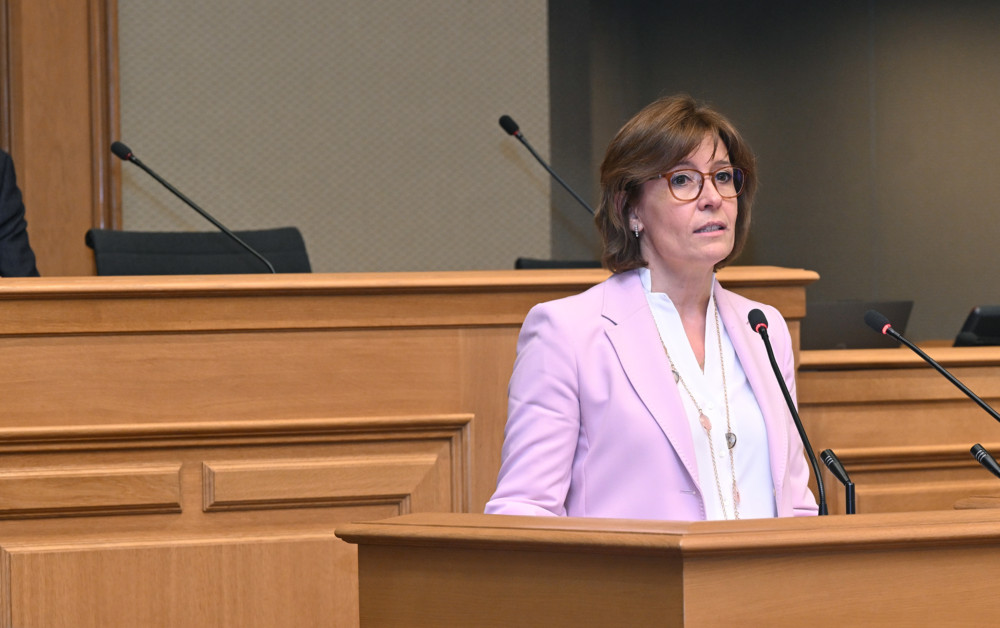
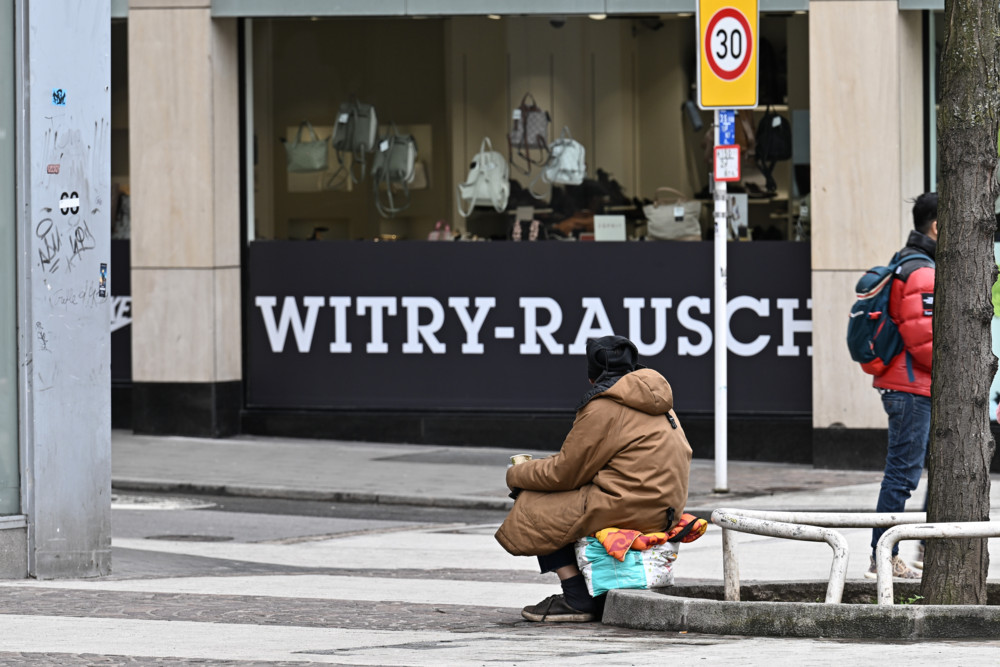


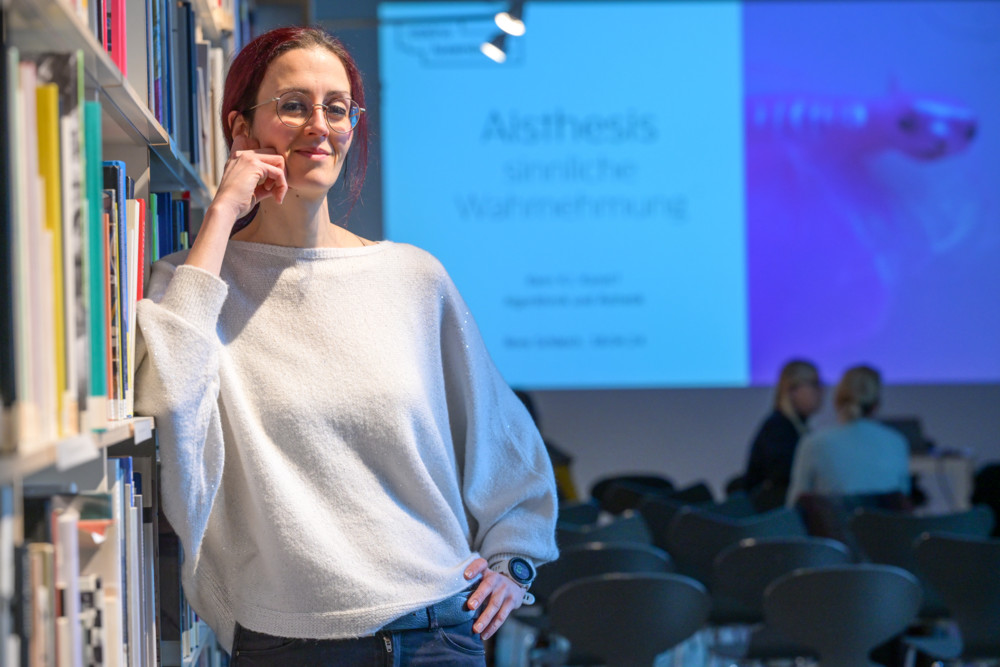
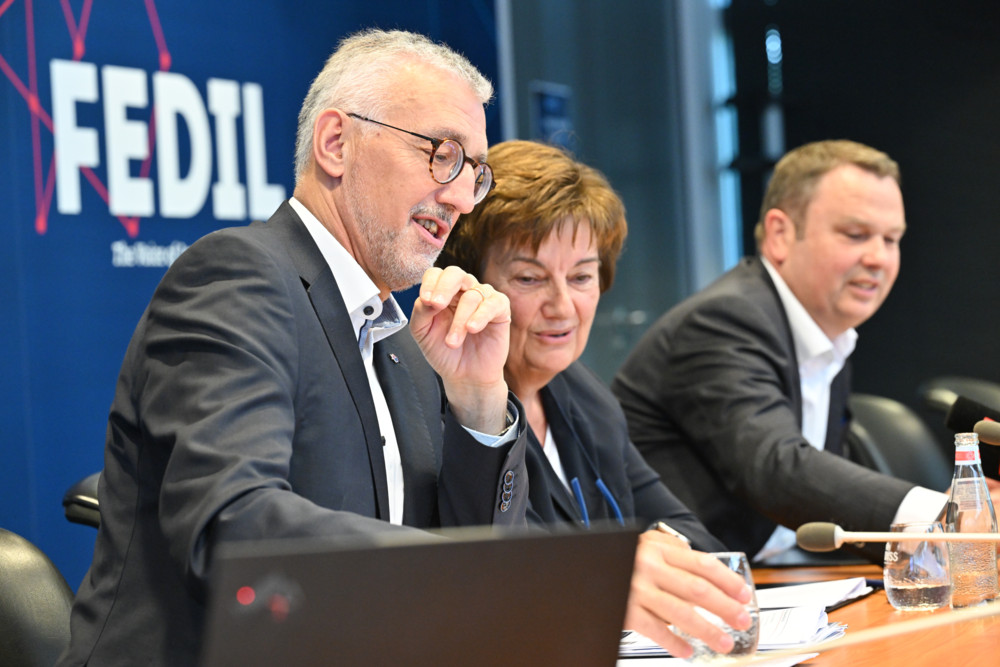
Sie müssen angemeldet sein um kommentieren zu können